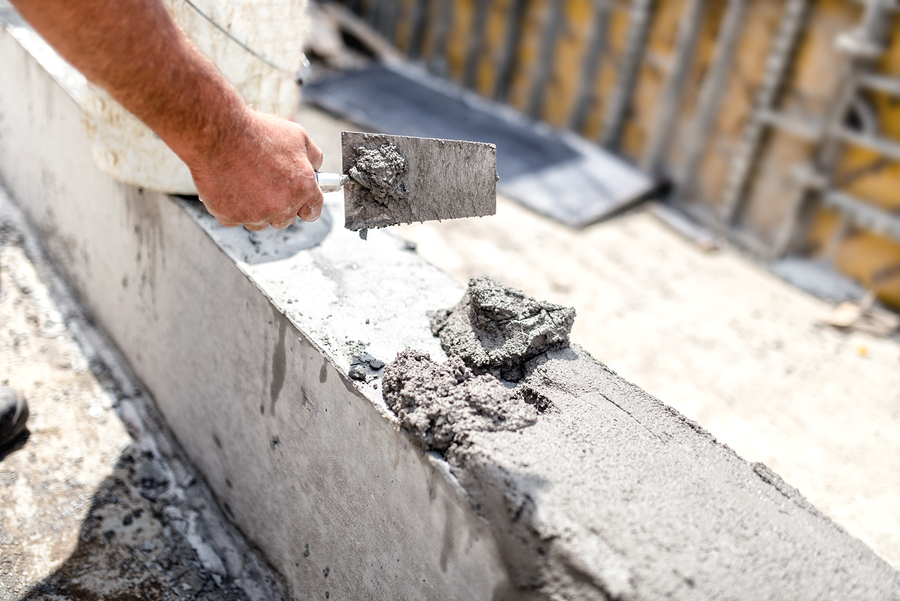Water on the outside of your iced‐tea glass is a perfect example of this. Dew point is determined by the moisture content of air, often referred to as the “percent humidity”. On a dry crisp day in winter your percent humidity may be as low as 10‐20%. Alternately, on a hot sticky day in mid‐summer your humidity is probably in the 80‐90% range.
Masonry and Mold Growth
Even in the event that there was some small amount of condensation that would occur within your masonry wall, concrete has the distinct advantage that it is neither a food source for mold nor is it damaged by mold or moisture. All forms of fibrous insulation, stud lumber and plywood do not possess any of these desirable traits. As for exterior masonry, mold can only grow on a masonry surface that is exposed to constant dirt and grime that provides a “landing area” for mold to grow. Regular cleaning of the masonry surface prevents any such buildup.
Your investment in masonry construction not only provides the obvious benefits of strength and longevity, but also in the prevention of mold and accumulation of moisture within your building envelope.


